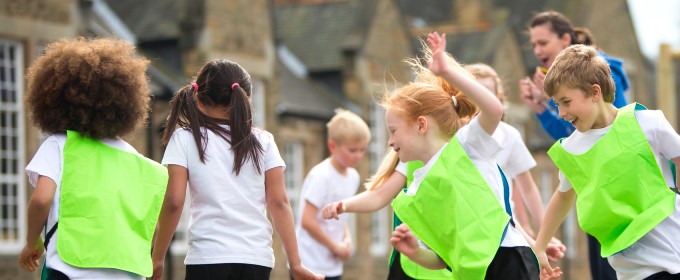The United Nations Convention on the Rights of the Child Article 31 states children have the right to access play, rest and leisure. With the uncertainty caused by the COVID-19 pandemic, play opportunities are vital to helping children make sense of their experiences, problem-solve, reconnect with their peers, and promote their own wellbeing. In this […]

